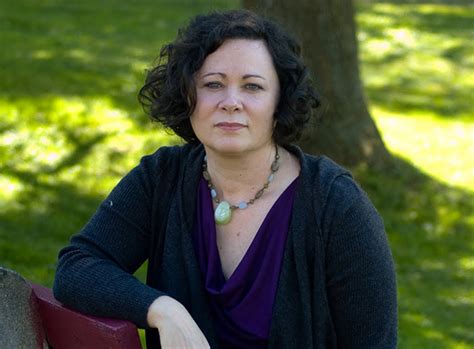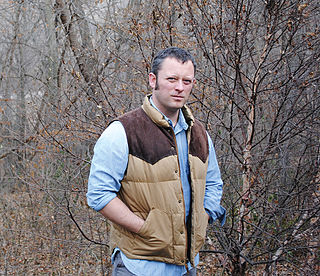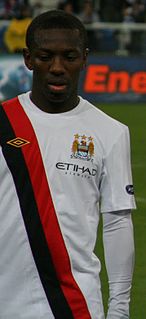A Quote by Jonathan Evison
The Mathematician's Shiva is a brilliant and compelling family saga full of warmth, pathos, history, and humor, not to mention a cast of delightfully quirky characters, and a math lesson or two; all together, a winning equation! When Rojstaczer writes about mathematics, you'd think he was writing about poetry.
Related Quotes
I don't think that everyone should become a mathematician, but I do believe that many students don't give mathematics a real chance. I did poorly in math for a couple of years in middle school; I was just not interested in thinking about it. I can see that without being excited mathematics can look pointless and cold. The beauty of mathematics only shows itself to more patient followers.
It is a melancholy experience for a professional mathematician to find himself writing about mathematics. The function of a mathematician is to do something, to prove new theorems, to add to mathematics, and not to talk about what he or other mathematicians have done. Statesmen despise publicists, painters despise art-critics, and physiologists, physicists, or mathematicians have usually similar feelings: there is no scorn more profound, or on the whole more justifiable, than that of the men who make for the men who explain. Exposition, criticism, appreciation, is work for second-rate minds.
I must say a few words about memory. It is full of holes. If you were to lay it out upon a table, it would resemble a scrap of lace. I am a lover of history . . . [but] history has one flaw. It is a subjective art, no less so than poetry or music. . . . The historian writes a truth. The memoirist writes a truth. The novelist writes a truth. And so on. My mother, we both know, wrote a truth in The 19th Wife– a truth that corresponded to her memory and desires. It is not the truth, certainly not. But a truth, yes . . . Her book is a fact. It remains so, even if it is snowflaked with holes.
As far as I know, Clifford Pickover is the first mathematician to write a book about areas where math and theology overlap. Are there mathematical proofs of God? Who are the great mathematicians who believed in a deity? Does numerology lead anywhere when applied to sacred literature? Pickover covers these and many other off-trail topics with his usual verve, humor, and clarity. And along the way the reader will learn a great deal of serious mathematics.
A mathematician either has a feeling for equations and an understanding and delight in it, not only in the purity of it, but in its beauty as well. I don't think that's something that you learn at school. I think you can get better in mathematics on a school level, but when you're talking about being a mathematician, I think that's definitely a gift of genes or whatever, you know? Whatever your pool is.
By Cunning & Craft is a masterpiece of writing about writing. If, like Scheherazade, you had to spin out a story under threat of death, this is the how-to book to read. It's filled with thoughtful, nuanced advice from a teacher/writer who actually writes, and writes beautifully and with great humor. The list of rejected stories is worth the price of the whole book.





































